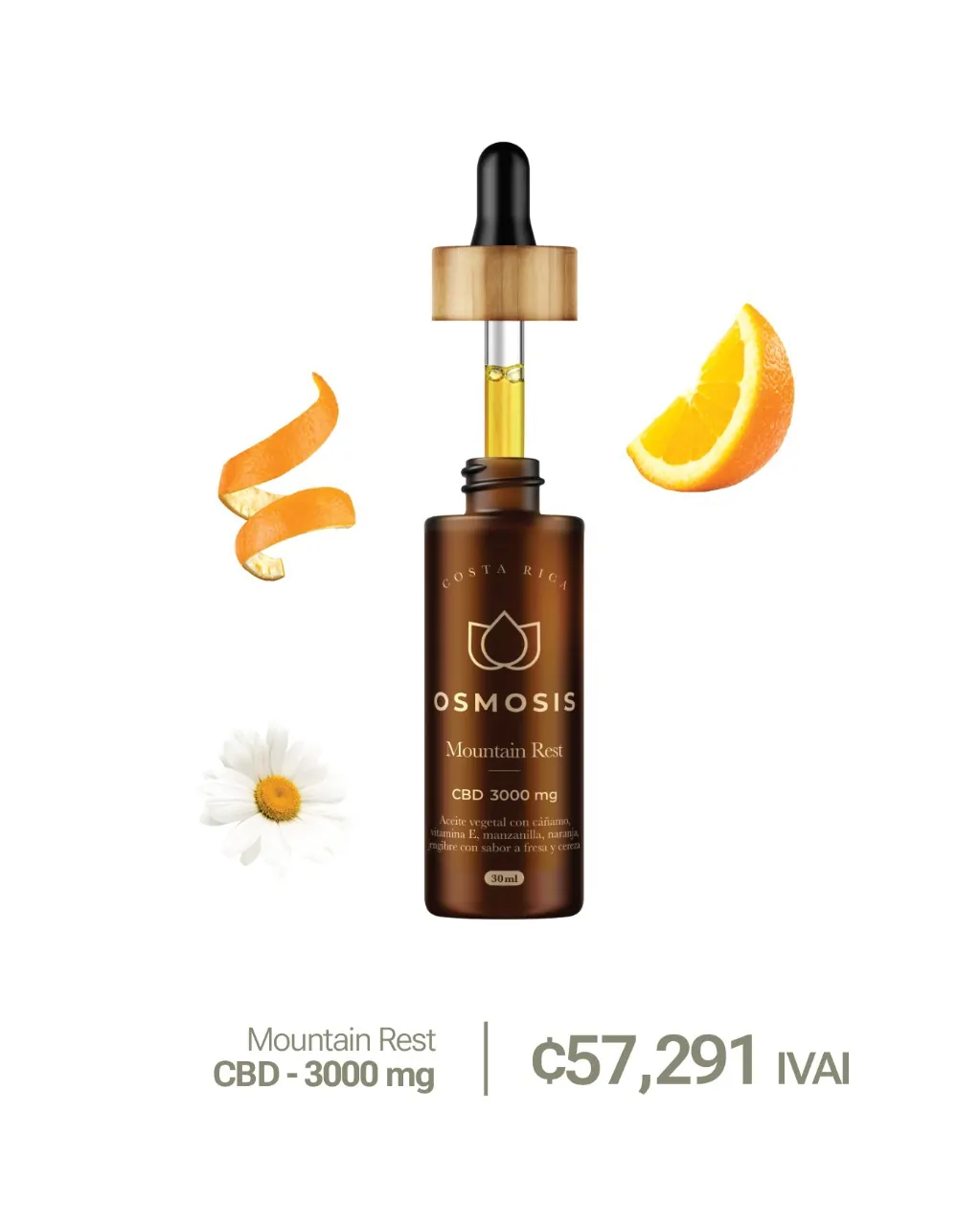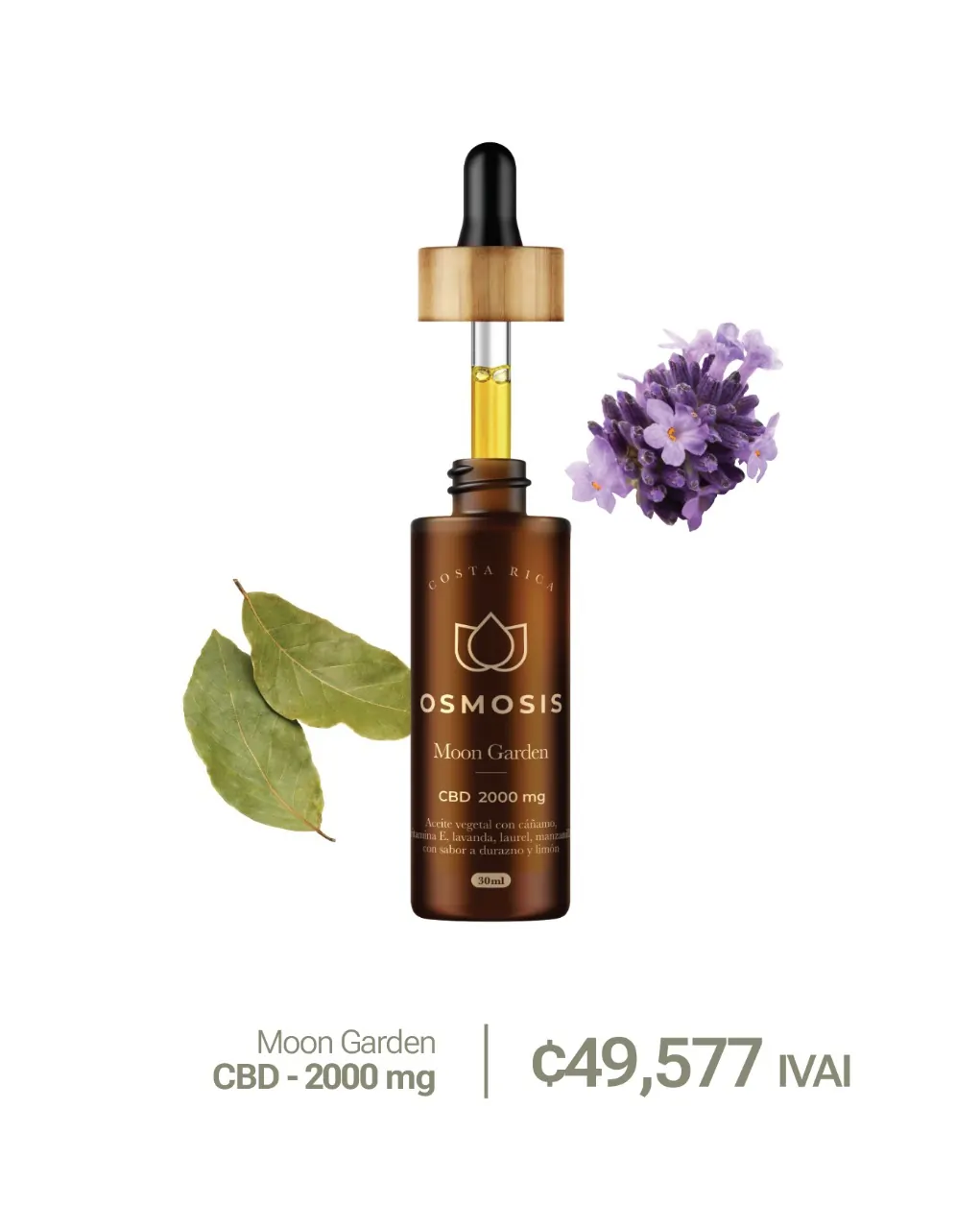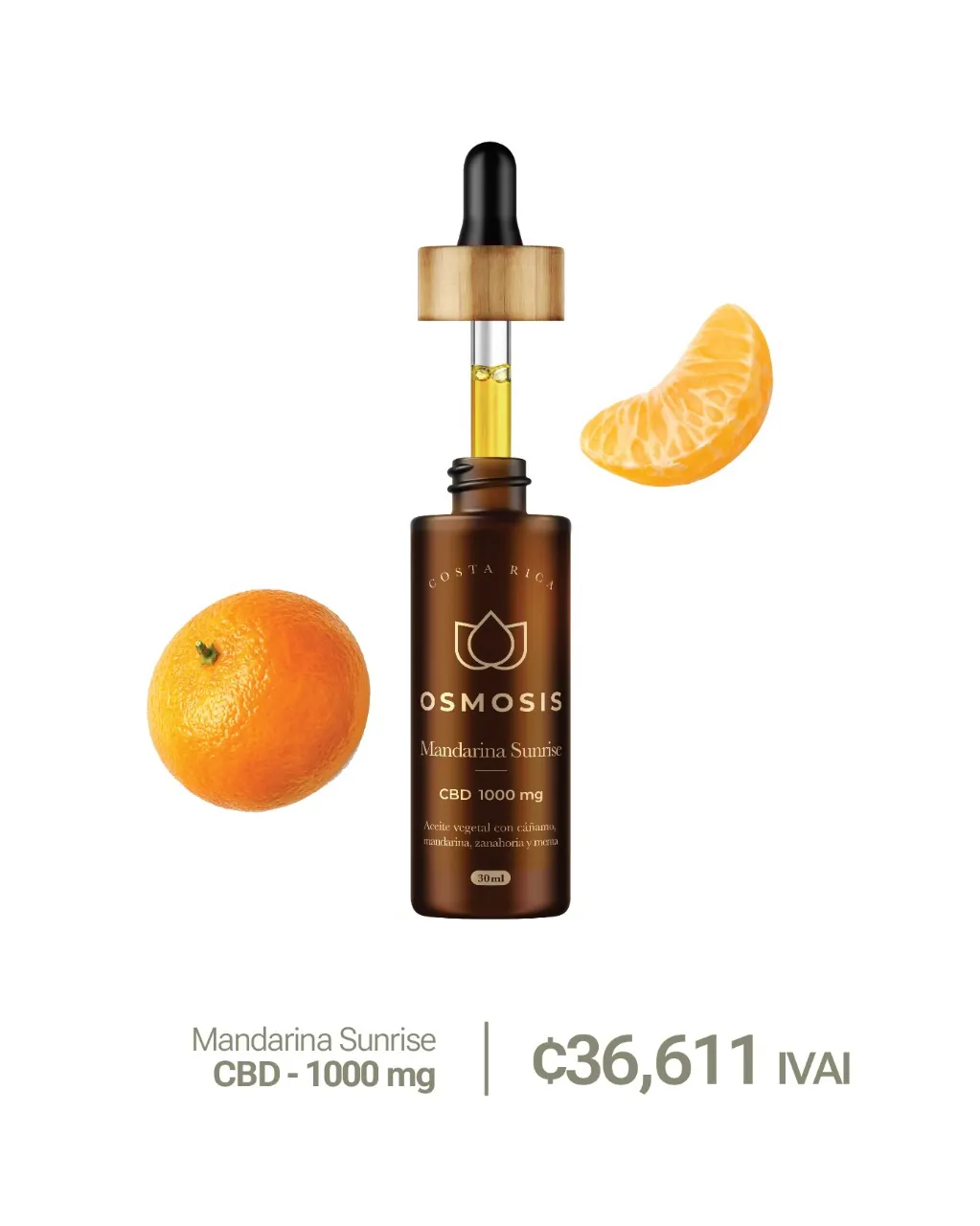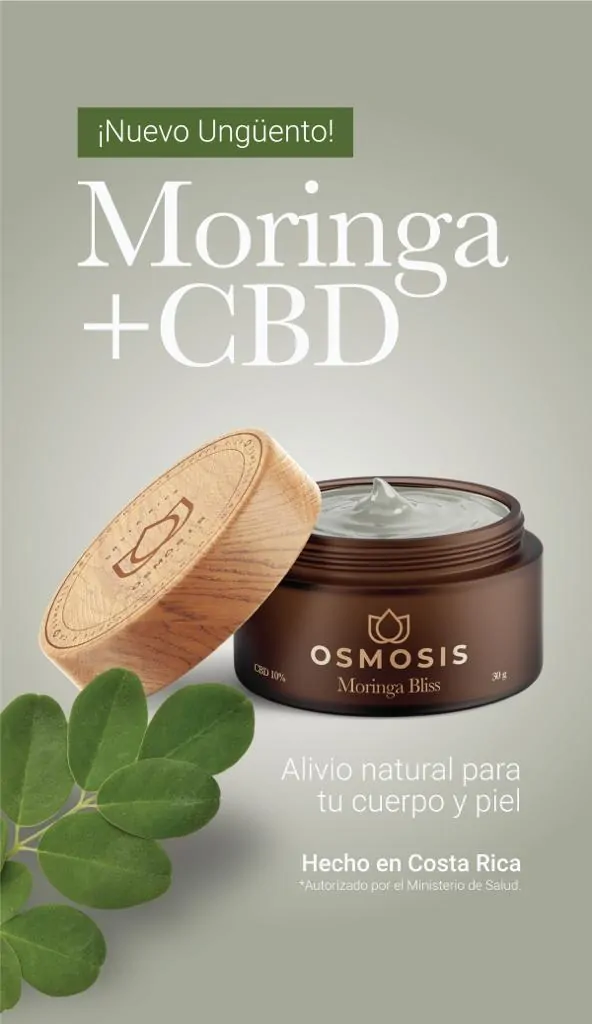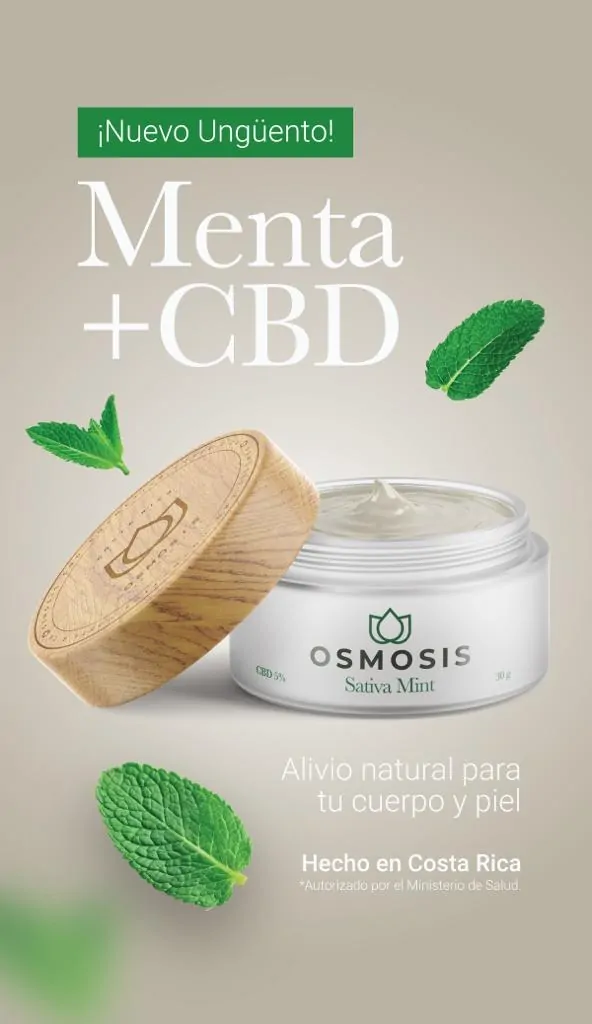The Prosecutor’s Office requested the Ministry of Agriculture and Livestock (MAG) to report on the quantities of Tetrahydrocannabinol (THC) containing hemp cultivation announced by the leading minister, Renato Alvarado in recent weeks.
This was confirmed by prosecutor Emilia Navas and National Security Minister Michael Soto in a note published by a Costa Rican digital newspaper.
It is a crop promoted by the MAG through the National Institute of Innovation and Technology Transfer (INTA) where according to a press release indicating that the cultivated varieties harvested in Cañas and Guápiles are Dream Queen, Maya Grain and Cherry Blossom.
According to the information provided by INTA and MAG, research is possible through an agreement that was made with a private company, however, so far it is unknown what this company is and why they selected these varieties.
The controversy came when Minister Alvarado asked the Public Prosecutor’s Office for permission to transport the harvest of these plants to continue the research process with their derivatives.
Jerarca del INTA, Arturo Solorzano defends legality:
“The #INTA’s research on industrial #cáñamo is to have #técnicos and #científicos knowledge of the country in making a decision on the development of this crop in the country, and that Costa Rican producers have a technological package if legislators approve of planting.”
The prosecution presumes that cultivated varieties contain traces of THC
“The Public Prosecutor’s Office analyzed the letter sent and informed that, as the Cannabis Production Bill for medicinal purposes and Hemp for industrial purposes was not approved, it is not possible to endorse the transit through the national territory of these substances, because, since no distinction is made by current law according to percentages of THC concentration, the mere determination of their presence requires their confiscation and forensic analysis,” the prosecution said.
Although THC has great export potential as a medicinal active component, it remains illegal in the country. The qualities of the Cannabis Sativa L. plant indicate that varieties known as hemp have THC levels of up to 1%, those whose contents are higher are kept prohibited according to the international conventions to which the country is registered.
Michael Soto indicated on the visit to the Enrique Jiménez experimentation Center that the corresponding tests on the levels of this cannabinoid be carried out. Since the tests presented by INTA were carried out on the ground and not on the dry plant.
The prosecution presumes that these varieties could have traces of THC.
“I asked the Costa Rican Institute on Drugs (ICD) and the Drug Control Police (PCD) to please tell me, according to the regulations of our law on what the percentage of THC would be for a hemp plant and they replied that it would be 0.2%.”
This would look like a field full of hemp in Holland (plants with higher fiber):

Below you can see the photograph published by INTA:

In a simple search for genetics announced by INTA and MAG and according to some specialized seed media, they announce THC percentages greater than 1%. (https://cannasos.com/strains/hybrid/dream-queen)

